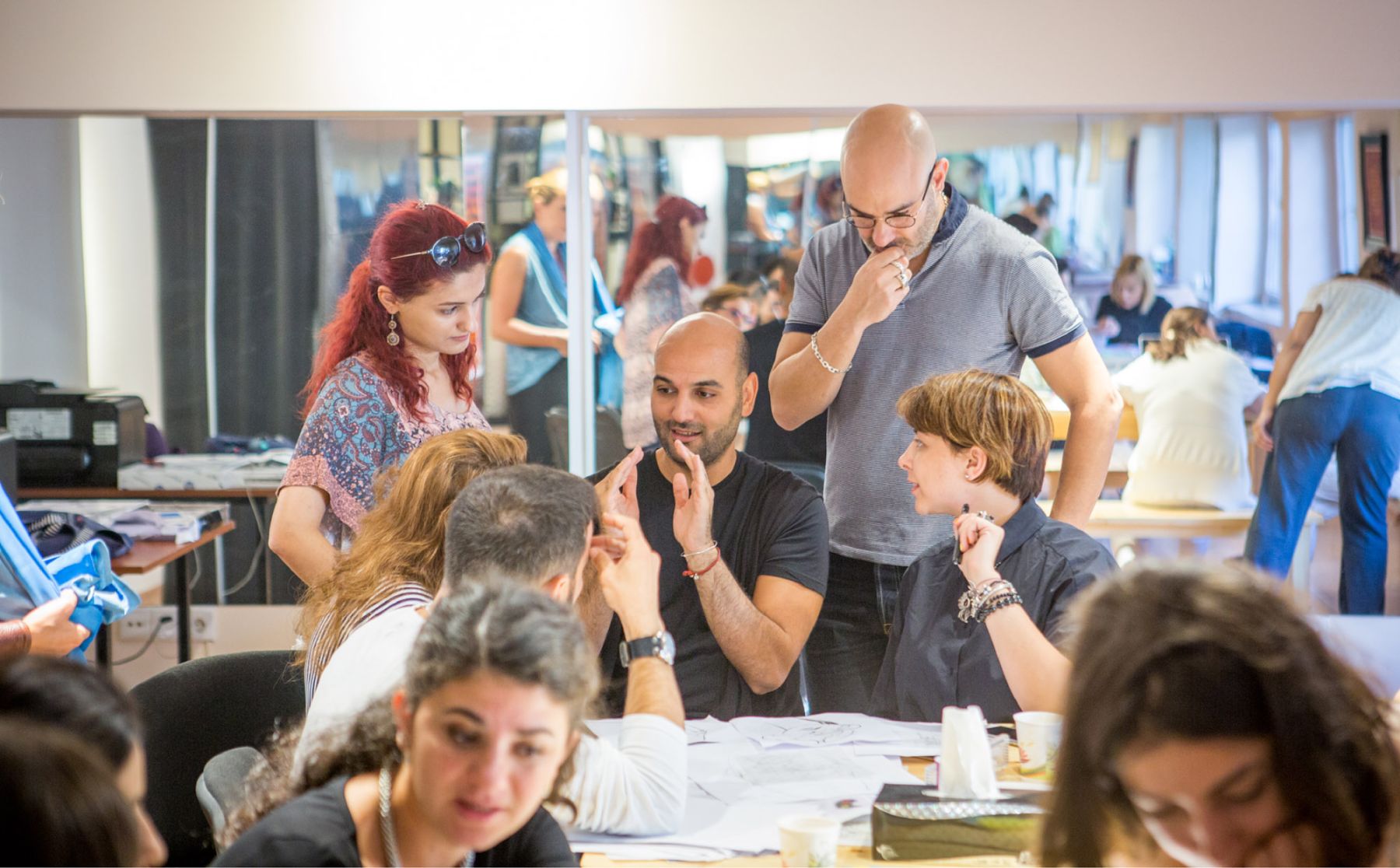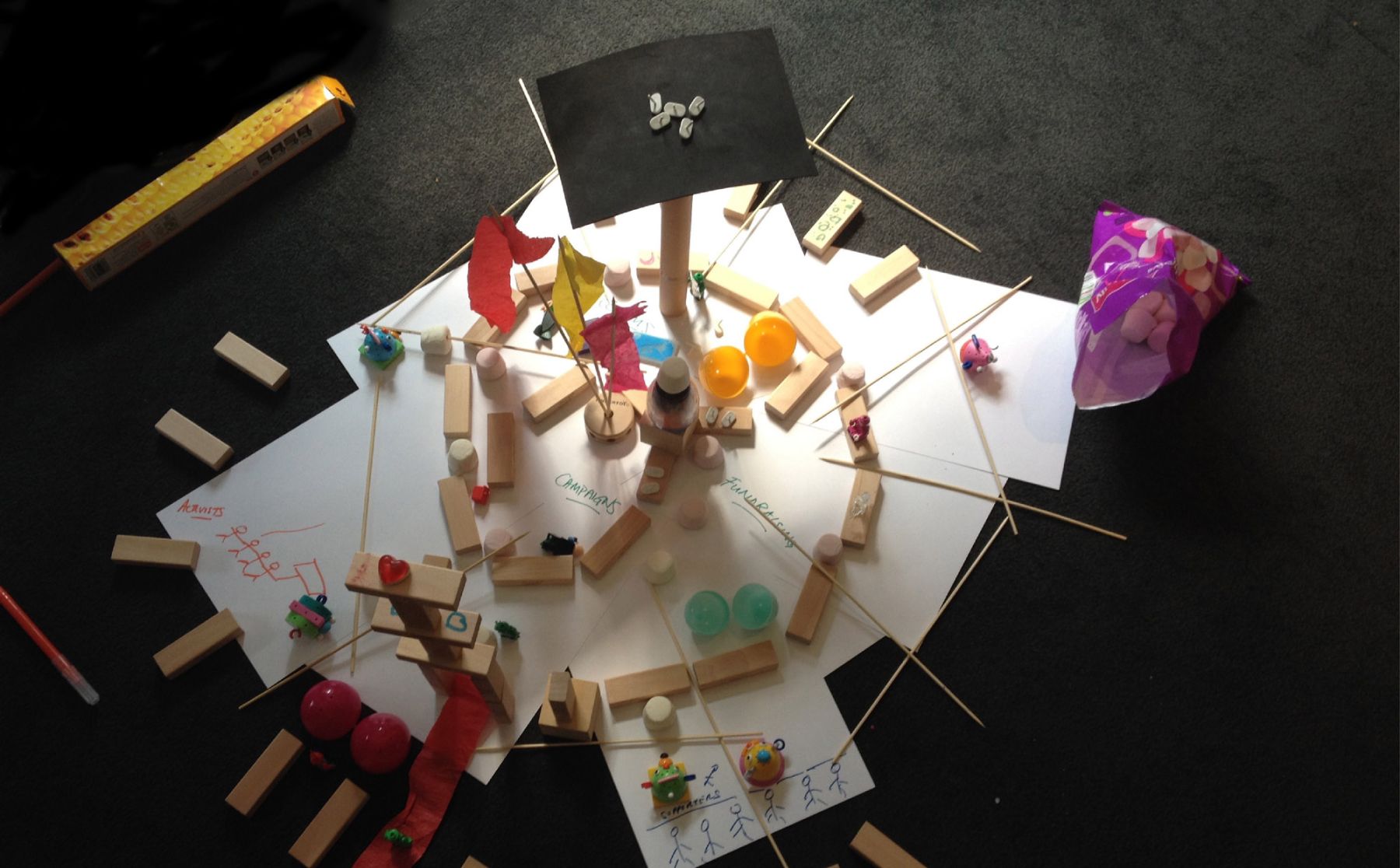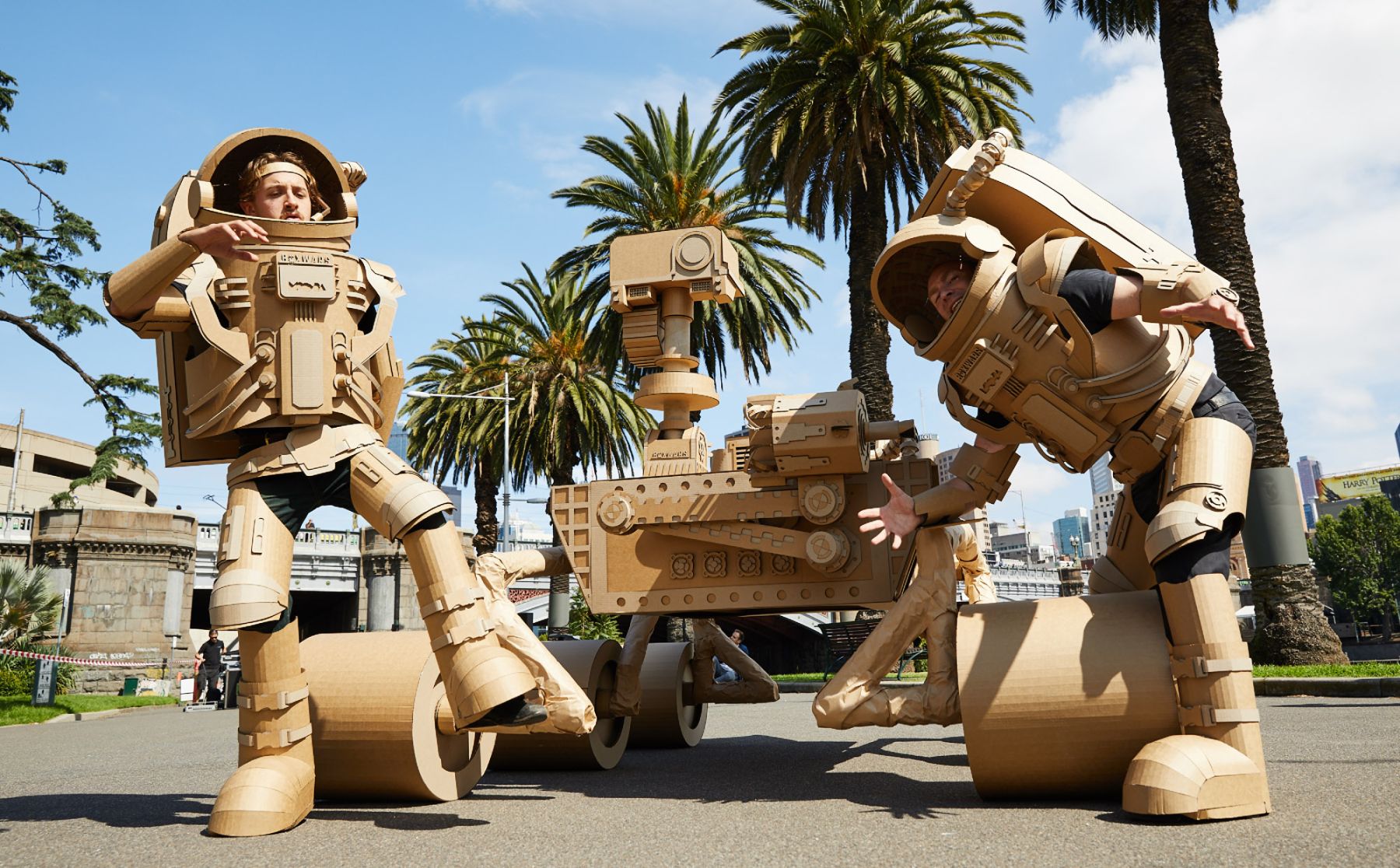Kill with Kindness: The Forgiveness Route
Forgiveness could taste bitter. As peaceful as the essence of forgiveness is, it can be a journey full of pain and heartache.
Once, someone with a slightly pessimistic and dark view of the world said, "life is pain." It was a conversation between opposing perspectives: the vengeful seeker vs the karma believer. It was a cool afternoon and they were debating between karma and revenge. "You have to take life in your own hands and take revenge against those who hurt you." The karmic believer interjected, "I wouldn’t waste my energy seeking revenge on someone who had done me wrong. I believe in karma. I'd rather let go and let life deal with their faults."
It is undoubtedly a cynical perspective, but it holds truth and brilliance. If you lower your rose-tinted glasses and peer over the optimism and love for the world, you could see that life is pain.
Sometime after our early twenties, we could all agree that we are wandering souls trying to make sense of our lives through the heartache, stress and worry that we all try to manage. We all have problems—with family, friends, colleagues and even within ourselves. Heartache causes resentment, and to let go of that resentment requires forgiveness.
It is hard, sometimes even beyond conceivable, to forgive. Especially forgiving ourselves.
Life is pain, yes. But to live and to be free, you have to forgive and let go of the pain that anchors you in the abyss of resentment. Good people will hurt you and bad people will hurt you. And you will, inevitably, hurt yourself and others.
That was then, this is now.
Forgiveness can be so natural that malevolence won't enter your being. Forgive just as easily as you breathe. Even if you don't consciously forgive, over time, you will forget—and that painful intent by others won't even upset you. In forgiveness, you focus on the now: are you willing to carry resentment? Do you want to cause yourself the stress and feel heartache? The more we focus on our aches, the more they swell. Forgive not for them, but for yourself—forgive, forget and be free.
"Those who are hardest to love need it the most." - Socrates
Forgive the ones who don't, better yet, can't, accept their mistakes and don't acknowledge that they hurt you. Many words can describe those types of people: arrogant, immature, selfish... Their lack of self-awareness and self-acceptance shouldn't anchor you in anger. Forgive them, they need it most.
Understand that their upbringing and traumas may have shaped them to be who they are and how they hurt you, but be tender to teach them that their actions have consequences and their words hurt.
Then forgive them for their mistakes, and understand why they may refuse to accept any lessons or explanations on their bad behavior. You have to learn to forgive and have the strength to walk away. Gandhi said, "Holding onto anger is like drinking poison and expecting the other person to die."
Kill them with kindness.
Life does not enforce you to be a vengeful person or a karmic believer; it encourages us to take action to forgive and have the strength to let go.
Growing up means understanding that the people who hurt you are not pure evil. They too are carrying bags of desperation, pouches of weaknesses, guilt, and luggage of pain. Offering compassion to the people who hurt you is not a weakness; it is mature and humane to see others as fellow sufferers.
Being kind-hearted is a powerful tool, and protecting our hearts responsibly is vital in self-care. Forgiveness is a big step that requires humility and kindness. Being kind-hearted in a notorious "cruel world" is brave. In many cultures, we encourage forgiveness to help us understand and connect better with one another. Forgiveness acts as a cross-cultural bridge to mend and strengthen relationships between people.
Life gives us both pain and love, so much so that the same revenge seeker introduced above also said, "Love people. It is a powerful thing to kill them with kindness." Life is painful when you hold onto anger past its expiration date. Forgiveness is the tool that forges freedom. And sometimes, forgiveness could be bittersweet, don't you think?
Written by Nora Al-Taha








